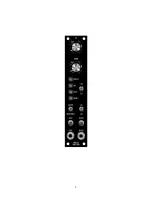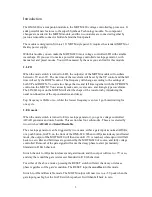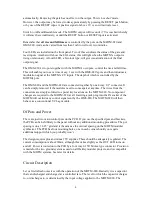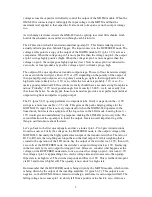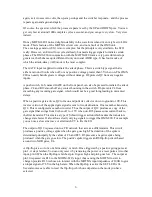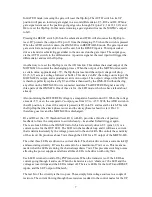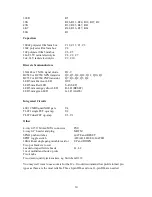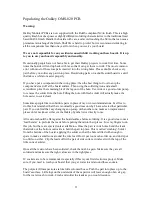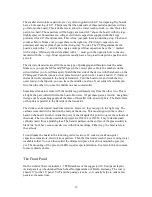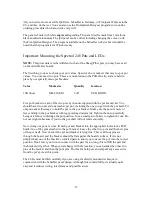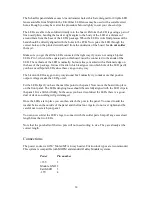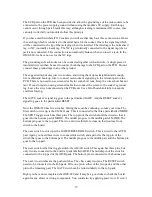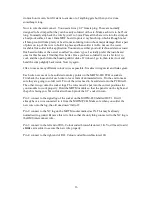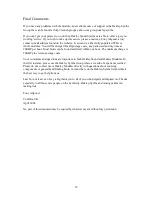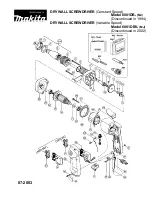
The Schaeffer panel database uses 6.3mm diameter holes which are designed for Cliplite LED
lenses available from Maplin in the UK. Other LED lenses may be used with a suitable sized
hole, although you may have alter the procedure below slightly to suit your chosen clips.
The LEDs are able to be soldered directly into the board. Preform the LED legs using a pair of
fine nosed pliers, bending the leads at right angles to the body of the LED at a distance of
around 8mm from the base of the LED’s package. When the LED is in its final placement the
bend should be directly aligned with the holes in the PCB. Now poke the LED through the
correct holes on the printed circuit board from the underside of the board but
do not solder
them yet.
Make sure you get the all the LEDs connected the right way if you are not using a bipolar
LEDs. Pin 1, which is the square pad on this board, must be connected to the anode of the
LED. The cathode of the LED is normally, but not always, marked with a flattened edge on
the base of the package. It doesn’t matter which lead goes into which hole of the LED pad if
you have used bipolar LEDs since these can go in any way.
The bicolour LED may go in any way around but I normally try to make sure that positive
output voltages make the LED go red.
Fit the LED clips if you have them at this point to the panel. Now move the board into place
on the front panel. The LEDs dangling loose should be carefully aligned with the LED clips in
the panel. It is a little bit fiddly, but because you haven’t soldered the LEDs there is a good
deal of slack so nothing will get damaged.
Once the LEDs are in place you can then attach the pots to the panel. You need to add the
washer between the outside of the panel and the final nut. Again, do not over tighten and be
careful not to scratch your panel.
You can now solder the LED’s legs to connect with the solder pads. Snip off any excess lead
length from the two LEDs.
Note that the pot shafts of the two pots will not need cutting to size. They are already at the
correct length.
Connections
The power socket is 0.156” Molex/MTA 4-way header. Friction lock types are recommended.
This system is compatible with MOTM and standard Oakley Modular systems.
Power
Pin number
+15V
1
Module GND 2
Earth/SCR
3
-15V
4
14
Summary of Contents for MOTM-820
Page 2: ...2...


